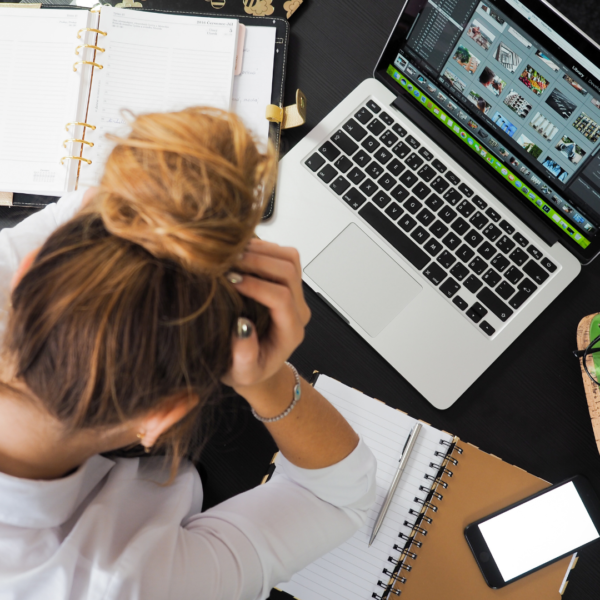Let’s talk about the elephant in the room – sleep deprivation. This impacts almost 70% of Americans. In my 30 years of studying health, wellness, and productivity, sleep has time and again shown itself to be the foundational component to a Sustainably Productive life.
Sleep deprivation has a detrimental impact on all 3 dimensions of Sustainable Productivity (SusPro). Let’s break each pillar down.
Health and Fitness
Lack of sleep has been linked to negative short-term and long-term hormonal changes in your body. Research has demonstrated that sleep loss (less than the recommended 7-8 hours) is associated with a higher Body Mass Index, lower leptin, higher ghrelin, and increased hunger and appetite. Ghrelin is a hormone that increases hunger, while leptin decreases hunger.
I think this is what the movie Gremlins was about. When you go to bed on time and get the right amount of rest, your body responds as a cute little mogwai. You coo and have those big round eyes and are generally pleasant to be around. Hunger is under control and you make healthy food choices because your body is in balance.

Tell me you don’t feel like this when your stomach is growling.
Photo source is Amazon
When you are sleep deprived, your body releases ghrelin which leads to increased hunger. This seems to primarily be related to acute (short term) sleep loss.
When you are sleep deprived, your body inhibits leptin which leads to increased appetite and storage of body fat. Data from the Wisconsin Sleep Cohort Study found that sleep deprivation is a greater contributor to obesity that hormone imbalance causing high leptin levels and is directly linked to increased BMI. This seems to primarily be related to chronic sleep loss – continued sleep deprivation over time.
Mental Well-being
There is a reason that sleep deprivation is used as a means of torture. Job performance suffers with lack of sleep. Psychiatric illnesses are made worse with lack of sleep. Driving while sleep deprived can have the same result as driving under the influence of alcohol and other drugs.
The detrimental impacts of lack of sleep can be devastating and far reaching. They impact all the SusPro components of mental well-being.
- Relationships. Please tell me I am not the only one who is impatient and crabby with her People when she is tired and sleep deprived.
- Time Management. You can get more done – and focus more on the right things – when you are not sleep deprived. A couple weeks ago I was mentally limping out of the work week after not sleeping well and literally sat at my computer for a full 60 seconds before I could remember what I was supposed to be doing with a certain report.
- Hobbies. Creativity is higher in those who are not sleep deprived. Additionally you will have more energy and patience to learn new things if you are not sleep deprived.
- Rest. It is hard to rest when you are sleep deprived because you just end up falling asleep. This is ok because your body is claiming what it needs, but not great when your Kindle drops onto your face. A SusPro life needs sleep and rest in balance with each other.
Environmental Surroundings
I find that when I am sleep deprived the first thing to go is my environment. When I am exhausted and ready to drop into bed, the kitchen shutdown does not happen, clothes drop wherever I put on my pajamas, and there is a general feeling that a tornado hit the house.
Additionally, because sleep deprivation allows for less mental space for hobbies and SusPro time management, we tend to fall back on numbing out with creature comforts like social media and TV.
It is not something to push through or feel badly about because you “have no willpower.” Your body is trying to be good to you and signal that you need to sleep.
Let’s talk about how to make that happen.
SusPro Sleep Tips
While the Sustainable You Health and Fitness Module goes into depth about how to make small, impactful adjustments to improve your sleep habits, here are a few quick tips that you can try tonight.
- Stop caffeine 30 – 60 minutes sooner than you do now.
- Turn off screens an hour before bed.
- Decrease your thermostat by 1 degree when you go to bed.
Your Turn
How are you sleeping these days? What have you tried that does or does not work? What do you notice about your mood and focus when you have slept 7 – 9 hours per night consistently?

Leave A Comment